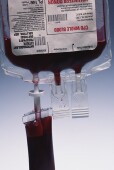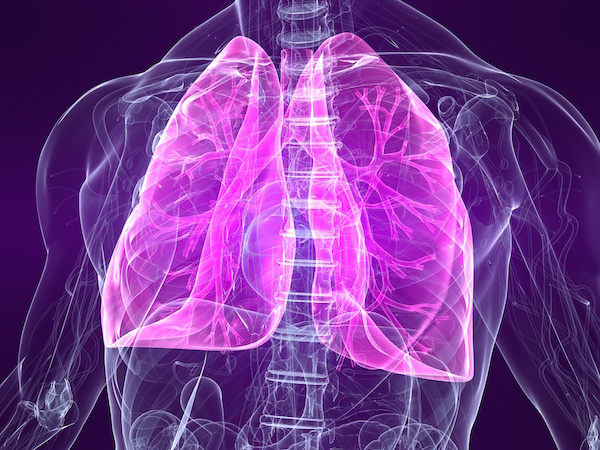
THURSDAY, May 22, 2014 (HealthDay News) — The first gene-based test to help determine red blood cell compatibility between a blood donor and a recipient has been approved by the U.S. Food and Drug Administration.
The four major blood groups — A, B, AB or O — are determined by the presence or absence of two antigens (A and B) on the surface of red blood cells, according to the American Red Cross. In addition, a third antigen — the Rh factor — can be either present (positive) or absent (negative). An antigen is a substance that prompts the immune system to produce antibodies against it.
Red blood cells also have minor blood group antigens (non-ABO antigens). Some people develop antibodies to non-ABO antigens after receiving a blood transfusion or following pregnancy. People who receive repeated blood transfusions (such as those with sickle cell disease) are especially likely to develop antibodies to non-ABO antigens, the FDA explained in a news release.
These antibodies can result in the destruction of a patient’s red blood cells if they later receive blood cells with the same non-ABO antigens, the FDA said.
Now, the Immucor PreciseType Human Erythrocyte Antigen (HEA) Molecular BeadChip Test can be used to identify non-ABO red blood cell types, according to the news release.
The test is designed to help prevent the development of antibodies to non-ABO antigens by giving patients blood that is better matched to their non-ABO antigens. Experts say that the destruction of red blood cells can be avoided if patients with known non-ABO antigens receive blood that does not contain the same non-ABO antigens.
Current blood testing sometimes fails to detect certain non-ABO antigens. The new test offers a way to detect non-ABO antigens that may otherwise be missed, according to the FDA.
The new test “may enhance patient care in certain situations,” Dr. Karen Midthun, director of the FDA’s Center for Biologics Evaluation and Research, said in an FDA news release.
The new test is made by BioArray Solutions Ltd., of Warren, N.J.
More information
The U.S. National Heart, Lung, and Blood Institute has more about blood transfusion.
Copyright © 2024 HealthDay. All rights reserved.

